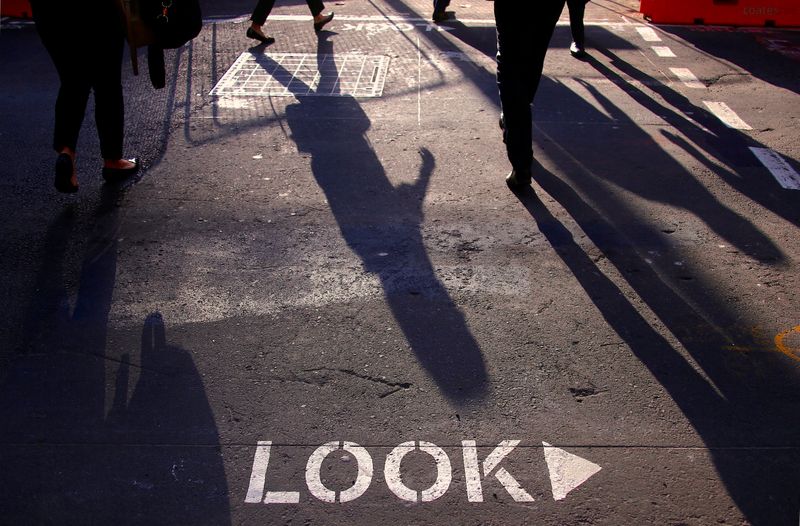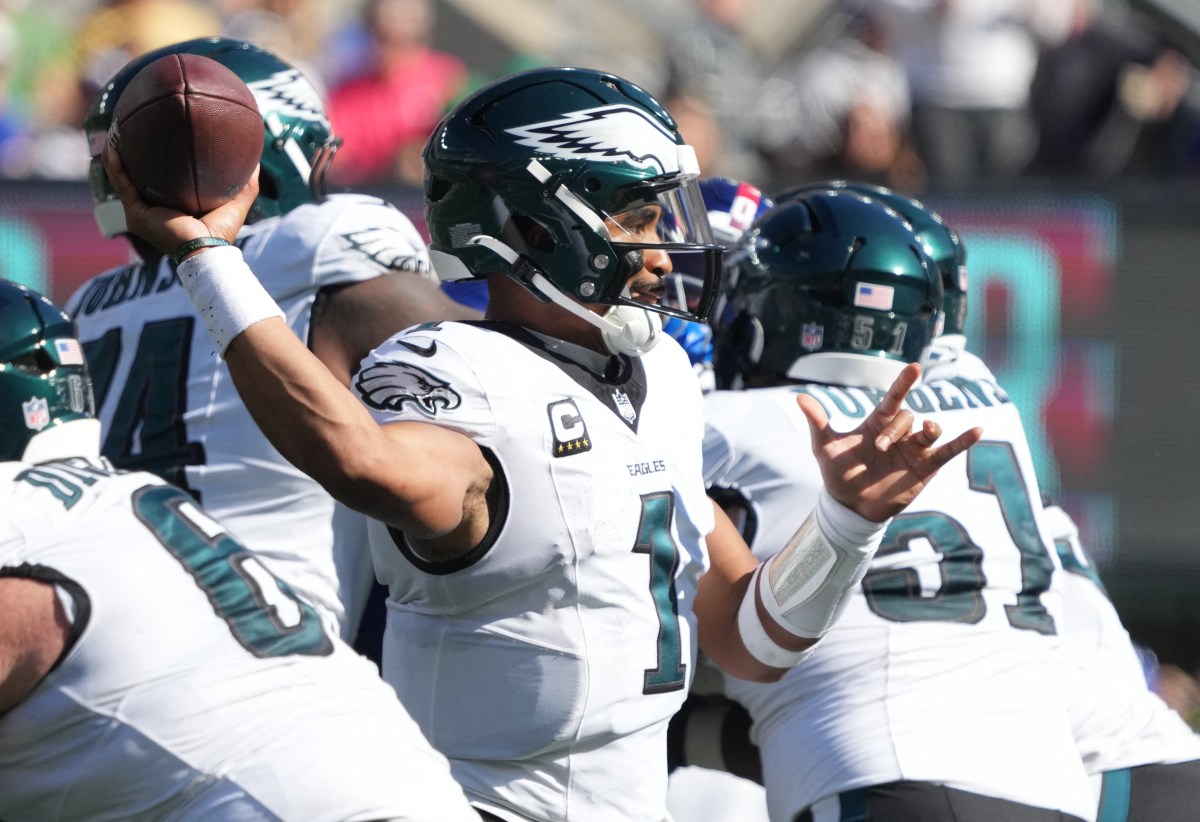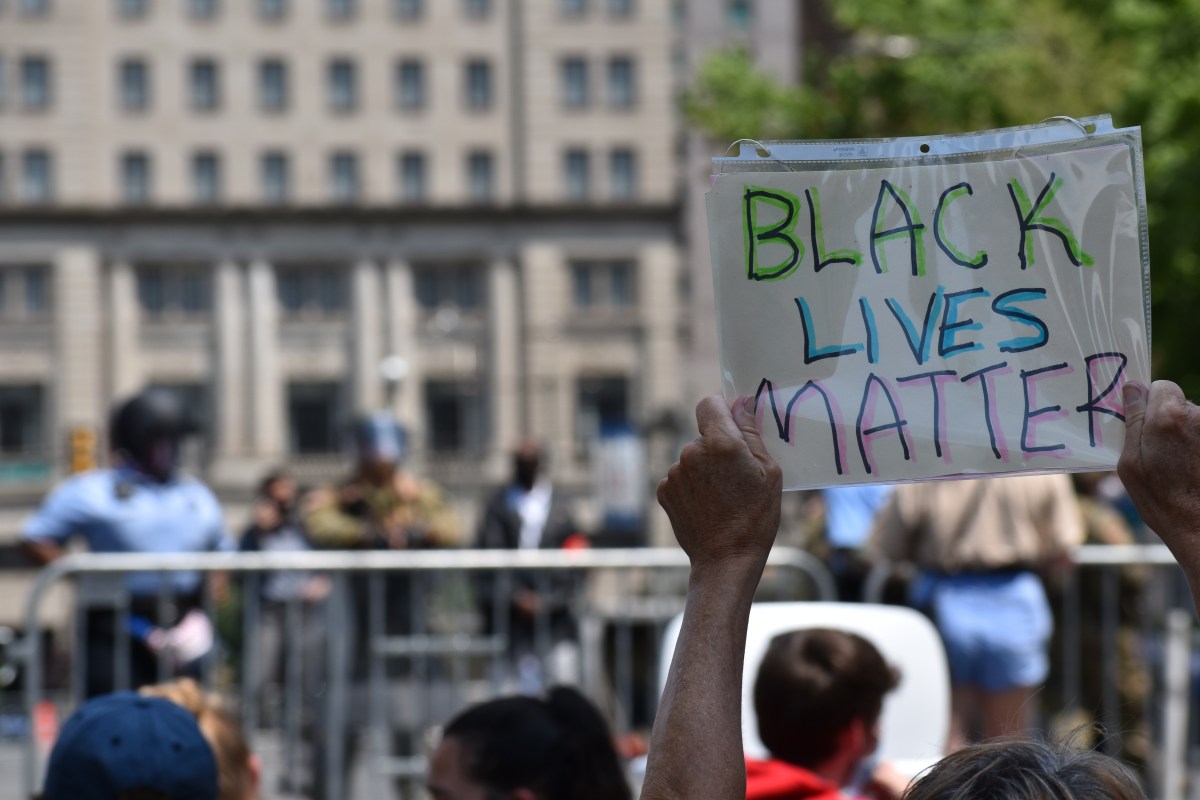SYDNEY (Reuters) – A measure of Australian consumer sentiment showed a setback in July as renewed coronavirus lockdowns in the country’s second-largest city darkened the mood after two months of gain.
The Westpac-Melbourne Institute index of consumer sentiment fell 6.1% in July from June, when it had bounced 6.3%. The index had taken a nosedive in April as lockdowns gripped the country, but jumped by a record in May as restrictions eased.
The July fall left the index down 8.9% on the same period last year at 87.9, meaning pessimists outnumbered optimists by some margin.
“Sentiment has been rocked by the resurgence in Coronavirus cases over the last month,” said Westpac Chief Economist Bill Evans. “After averaging about 10 a day through late May and early June, new cases have lifted significantly, running at close to 200 a day in the July survey week.”
The spike forced the lockdown of much of Melbourne, the capital of the state of Victoria, and threatened to derail economic recovery.
Victoria’s sentiment index alone dived 10.4% in July from June, though the rest of the nation excluding Victoria fell a more modest 4.5%.
Westpac Banking Corp <WBC.AX> and the Melbourne Institute surveyed 1,200 people from across the county.
The survey showed a sharp reversal on the economy with the index measuring the outlook for the economy over the next 12 months down 14%, and the index for the next five years easing 10.3%.
The measure of family finances compared to a year earlier stayed firm at 2.5%, but the outlook for the next 12 months slid 6.7%.
In a blow for hard-hit retailers, the measure of whether consumers felt it was a good time to buy a major household item dropped 2.1%.
There was better news on housing where the time to buy a new dwelling index bounced 4.1% in July, returning to its level in February before the pandemic took hold.
(Reporting by Wayne Cole; Editing by Christopher Cushing)





















